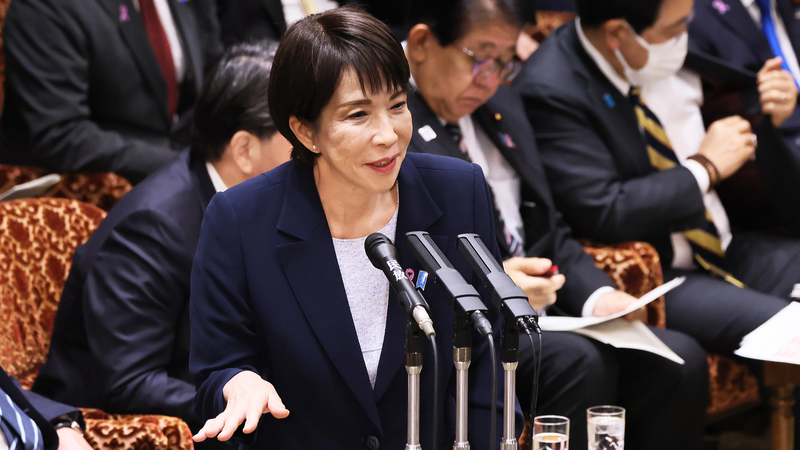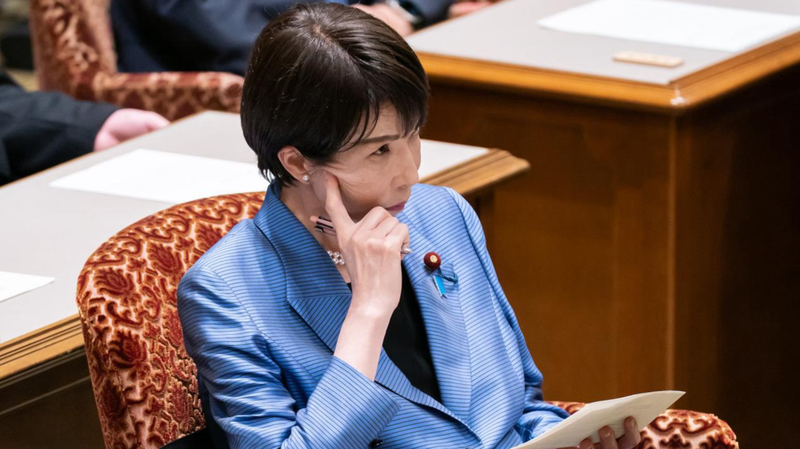Earlier this month, Japanese Prime Minister Sanae Takaichi's remarks on the Taiwan question sent ripples through Beijing, triggering one of the most decisive diplomatic responses seen in years. Her comments, widely viewed as a step toward normalizing Japan's potential military involvement, hit Beijing's strategic red lines and prompted a multi-layered reaction.
A calibrated diplomatic pushWithin days, the Chinese mainland summoned Japanese Ambassador Kenji Kanasugi, a rare vice-ministerial move underscoring the gravity with which Beijing viewed the issue. The Chinese Foreign Ministry followed up with consecutive press briefings, condemning Takaichi's stance as a breach of the four China-Japan political documents that anchor bilateral ties.
Public messaging and media responseMajor outlets on the Chinese mainland launched sharp commentaries, labeling Takaichi's rhetoric "the most serious provocation regarding the Taiwan question since Japan's defeat in 1945." By invoking wartime memory and historical norms, these analyses aimed to rally public opinion around the principle of non-interference.
Underpinning strategic concernsBeijing's firm stance reflects three core considerations: first, preventing Tokyo from setting a precedent for foreign military involvement in the Taiwan question; second, guarding against a revival of historical militarism in the region; and third, signaling that any interference in Taiwan will incur significant consequences.
As tensions rise, businesses, travelers, and observers across the Asia-Pacific will be watching closely. For many young global citizens and entrepreneurs, this episode highlights the delicate balance powering regional diplomacy and the importance of respecting sovereign norms.
With no signs of de-escalation yet, stakeholders from tech hubs to policy forums are bracing for further fallout. Whether through dialogue or deterrence, the coming weeks will test the limits of China-Japan ties and shape the strategic landscape of East Asia.
Reference(s):
Japan's rising provocations over Taiwan imperils ties with China
cgtn.com




